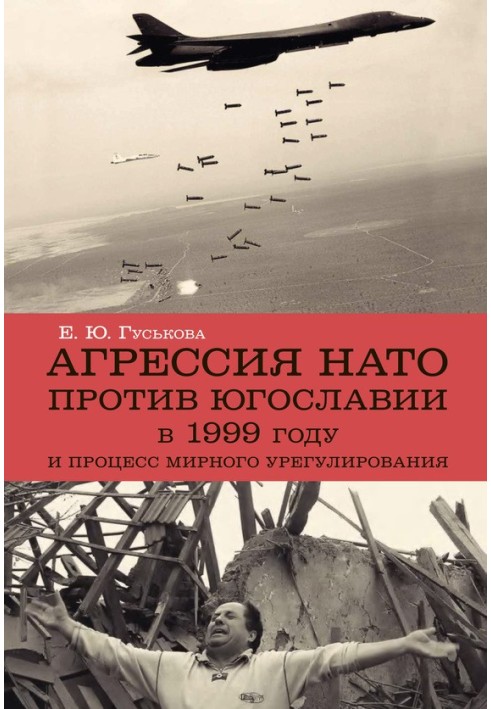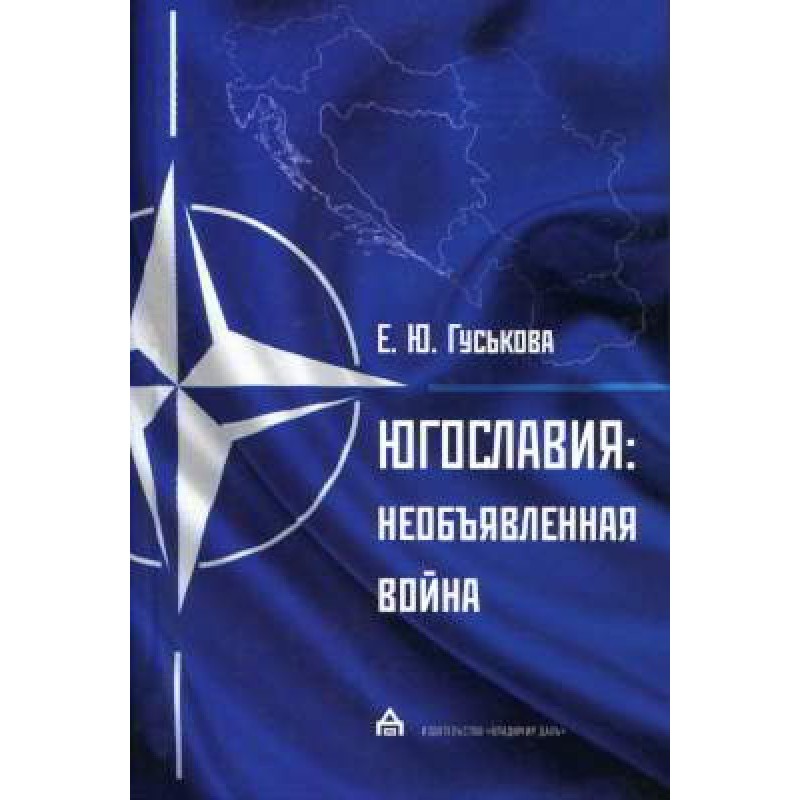The 1999 NATO aggression against Yugoslavia and the peace process
 Instant download
Instant download
after payment (24/7)
 Wide range of formats
Wide range of formats
(for all gadgets)
 Full book
Full book
(including for Apple and Android)
The main theme of the book was the problem of Kosovo as a reason for the aggression of NATO forces against Yugoslavia in 1999. The author shows a comprehensive picture of what happened in the Balkans at the end of the last century, also paying attention to the causes and consequences of the events of 1999. The monograph tells about the history of the emergence of the “Albanian question” in the Balkans, then analyzes a new round of the crisis in Kosovo in 1997–1998, which became a harbinger of NATO aggression against Yugoslavia. A separate chapter is devoted to the events of March - June 1999. It examines the course and consequences of the 78 days of NATO aggression against Yugoslavia: the planning of the operation, the armament of NATO and the Yugoslav army, the stages of the bombing, the roles of international organizations and the Security Council, the positions of European states, in particular Russia. A special place in the book is occupied by the analysis of the negotiation process in April - June 1999, which was headed by three mediators - M. Ahtisaari, S. Talbott and V. S. Chernomyrdin. The negotiations ended with the surrender of Yugoslavia on humiliating terms, the entry of NATO troops into Kosovo and regime change in Yugoslavia. The last chapter is devoted to the political events that characterized the subsequent development of Yugoslavia (Serbia and Montenegro), Kosovo and the negotiation process between Belgrade and Pristina until April 2013.
Data sheet
- Name of the Author
- Елена Гуськова Юрьевна
- Language
- Russian
Reviews
Глибокий аналіз історичних подій
Книга "Агресія НАТО 1999 року проти Югославії та процес мирного врегулювання" є вражаючим дослідженням однієї з найскладніших та найсуперечливіших тем сучасної історії. Автор детально розглядає причини та наслідки військових дій НАТО, наводячи безліч фактів, які допомагають зрозуміти, чому Косово стало ареною конфлікту. Особливо вражає глибокий аналіз "Албанського питання" та його вплив на події в регіоні. Книга не лише описує хід агресії, але й порушує важливі питання про міжнародні відносини, роль великих держав та механізми мирного врегулювання. Читач отримує можливість ознайомитися з різними точками зору, що робить цю роботу цінним джерелом для тих, хто цікавиться історією Балкан, міжнародною політикою та правами людини. Рекомендую всім, хто хоче глибше зрозуміти складність конфліктів та їх наслідки для регіону і світу в цілому.












